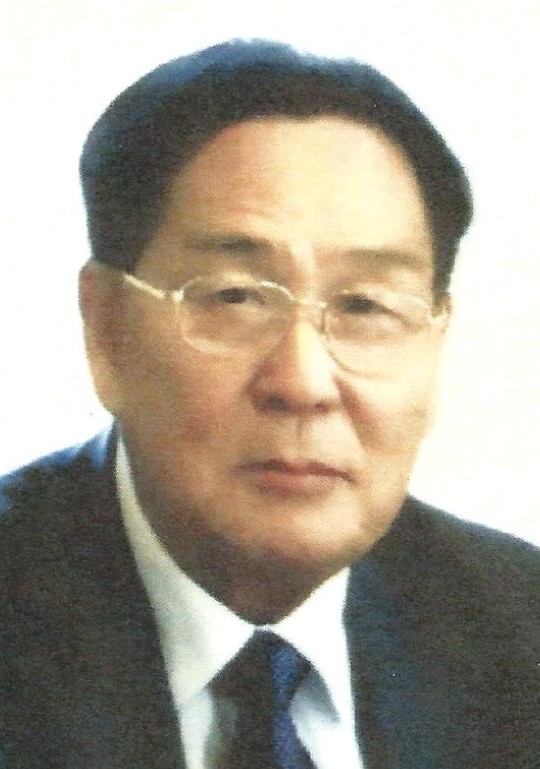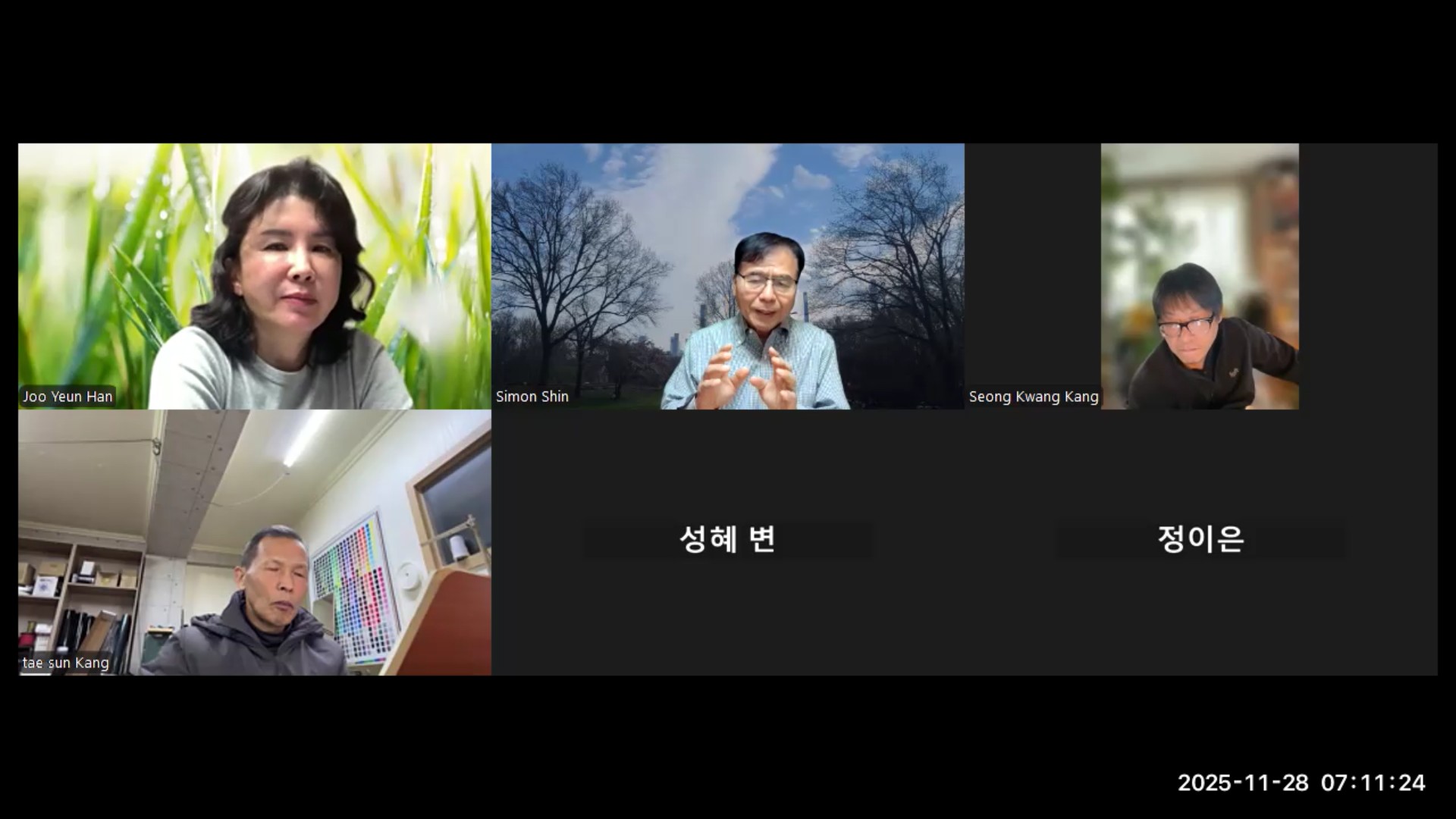- [내 마음의 隨筆] In Dubious Battle4242024.04.28
- [Essays of My Heart] In Dubious Battle6002024.04.28
- [Essays of My Heart] Multilingual Era3452024.05.06
- Virginia Countryside Scenes3282024.06.02
- [내 마음의 韓詩 500 – Korean Poems of My Heart 500] 松竹師表3822024.05.18
[Essays of My Heart] Multilingual Era
2024.05.06Multilingual Era
Last week, I had to visit a government office for a brief errand, and while waiting in line, I had the opportunity to see notices about numerous services displayed on the information screen. These notices were written not only in English but also in Spanish, as well as other languages such as Korean, Chinese, Russian, Vietnamese, and Arabic, providing the same information accurately to customers in different languages.
Although the United States is a nation composed of immigrants, the consideration for minority groups has not always been particularly proactive, in my opinion. However, I have recently begun to notice a meaningful change in the use of languages in everyday life in the United States starting this year. During a visit to a university hospital last month, I noticed that medical instructions were officially written in both English and Spanish. Additionally, volunteer interpreters or translation service providers are available to assist patients in real-time translation services for other major languages as needed.
Of course, even in schools of all levels, it has been common for quite some time to place welcome messages at the entrance in various languages to emphasize the importance of welcoming students from around the world. This phenomenon may be attributed to the influx of immigrants from various countries to the United States, but it is influenced by changing perceptions of globalization and the widespread use of social media services on the internet.
Reflecting on my childhood, I recall starting to learn English in middle school in Korea. Intrigued by this new language, I spent about six years participating in international pen-pal exchanges in English with a New Zealand student. I also frequently visited the American Cultural Center and diligently attended private SDA English language academy in the exceedingly early hours of the morning to learn conversational English necessary for studying abroad.
Upon entering college, I aimed to improve my proficiency in English for practical purposes by studying international current affairs in English and striving to fully understand TIME, a prominent American weekly news magazine, as a founding member of the TIME Club. Despite facing significant gaps in my studies due to various political and academic circumstances, I made efforts to continue my subscription to TIME for over 40 years.
Reflecting on the considerable time and effort I invested in learning English as a foreign language, I sometimes ponder the question of what efficient language education truly entails. If the purpose of language is primarily to facilitate smooth communication between speakers, I believe that setting clear goals and objectives for what one wants to achieve or communicate through conversations can enhance the effectiveness of language learning.
Regarding the four aspects of language—reading, speaking, listening, and writing—I personally find listening to be the most challenging. The unique pronunciation of Americans from different racial, cultural, and linguistic backgrounds can be quite difficult to understand at times. While looking up unfamiliar words is easy when reading written text, asking about unknown words during a conversation can be daunting yet intriguing.
In the United States, the influence of Spanish is growing daily due to the rapid increase in the Hispanic population. In Catholic churches, where many immigrants from Central and South America attend, there are resident priests dedicated to conducting Mass in Spanish, and the weekly bulletin features articles in both English and Spanish.
Even the driving license examination system allows applicants to take the test in their native language upon request. Last week, I saw welcoming signs at a botanical garden operated by a university displayed in major languages from around the world, but unfortunately, Korean was not among them.
Language serves as a measure of national strength and reflects the power of culture. When traveling the world, seeing Korean signs or notices at airports fills me with joy and pride, making me feel warm-hearted as if I were back home.
It is said that learning a language allows one to develop a different thought system based on that language's characteristics, acquiring a unique way of reasoning. From this perspective, if one learns a specific language with a clear awareness of what they aim to achieve or communicate through conversations, I believe it can reduce the likelihood of giving up midway and serve as a catalyst for naturally expanding one's realm of thought.
Anything must be enjoyable to endure, and I have pondered whether there are any interesting activities related to language, especially foreign languages, that one can enjoy in their spare time. Among the modest personal goals I have set, one is to read interesting American novels whenever I have some free time, exploring "America, Americans, and the thought systems of Americans" in my own way.
I established this goal about five years ago, and since then, I have been gradually reading the major works of John Steinbeck, the author of the short story "The Pearl," which deeply impressed me during high school English classes. Unlike during my school years, when I learned English for exams, as I grow older and live in a foreign country for a long time, reading novels written in that country's language allows me to learn, feel, and contemplate, though it is not easy to express the enjoyment of thoughts and reflections through writing. Especially, my past experiences living in some of the places where some novels are set evoke even more curiosity and a sense of nostalgia.
Considering the pragmatic philosophy of "Silhak(실학, 實學): seeking practical truth from facts," I believe it is worth trying at least once to make practical use of foreign languages, especially English, which we have learned since childhood, according to our circumstances and goals or hobbies. As an old Korean saying used by our ancestors to emphasize the importance of utilizing talent and opportunity goes, "Even a pearl, if not threaded, is not a treasure."
Going back to 1962, John Steinbeck wrote in "Travels with Charley: in Search of America" about the influence of media and technology on the language of Americans as he traveled across the country with his dog, Charley. He expressed his views as follows:
"It seemed to me that regional speech is in the process of disappearing, not gone but going. Forty years of radio and twenty years of television must have this impact. Communications must destroy localness, by a slow, inevitable process. I can remember a time when I could almost pinpoint a man’s place of origin by his speech. That is growing more difficult now and will in some near future become impossible. …Just as our bread, mixed and baked, packaged and sold without benefit of accident or human frailty, is uniformly good and uniformly tasteless, so will our speech become one speech."
In the era of Generative Artificial Intelligence, the importance of language is increasing, and various practical applications and examples in daily life are being introduced increasingly frequently nowadays. It is time to seriously consider revolutionary language learning methods and their remarkable effects.
May 6, 2024
Solti








 최고의 FX 솔루션 임대 | 카카오솔루션의 맞춤형 FX 거래 플랫폼
최고의 FX 솔루션 임대 | 카카오솔루션의 맞춤형 FX 거래 플랫폼
 정류장 대기중 상해 사고, 10만 달러 보상
정류장 대기중 상해 사고, 10만 달러 보상
 GOLF LESSONS 골프레슨 CLUB FACE 오렌지 카운티 얼바인 애너하임 플러튼
GOLF LESSONS 골프레슨 CLUB FACE 오렌지 카운티 얼바인 애너하임 플러튼
 Lung Cancer in the Philippines: Understanding Non-Small Cell Lung Cancer
Lung Cancer in the Philippines: Understanding Non-Small Cell Lung Cancer
 백 보좌 심판 진짜 진짜 구원 받았으면 걱정 안 해도 됩니다.
백 보좌 심판 진짜 진짜 구원 받았으면 걱정 안 해도 됩니다.
 故박철순회장님▶◀추모 8년
故박철순회장님▶◀추모 8년
 프로이트의 이론에 대한 종합적 평가
프로이트의 이론에 대한 종합적 평가
 비오고 다음 날(2/20)에~
비오고 다음 날(2/20)에~
 네부탈(Nembutal), 펜토바르비탈나트륨(Pentobarbital Sodium) 온라인 구매
네부탈(Nembutal), 펜토바르비탈나트륨(Pentobarbital Sodium) 온라인 구매
 잘 들~하여 보게나!
잘 들~하여 보게나!
